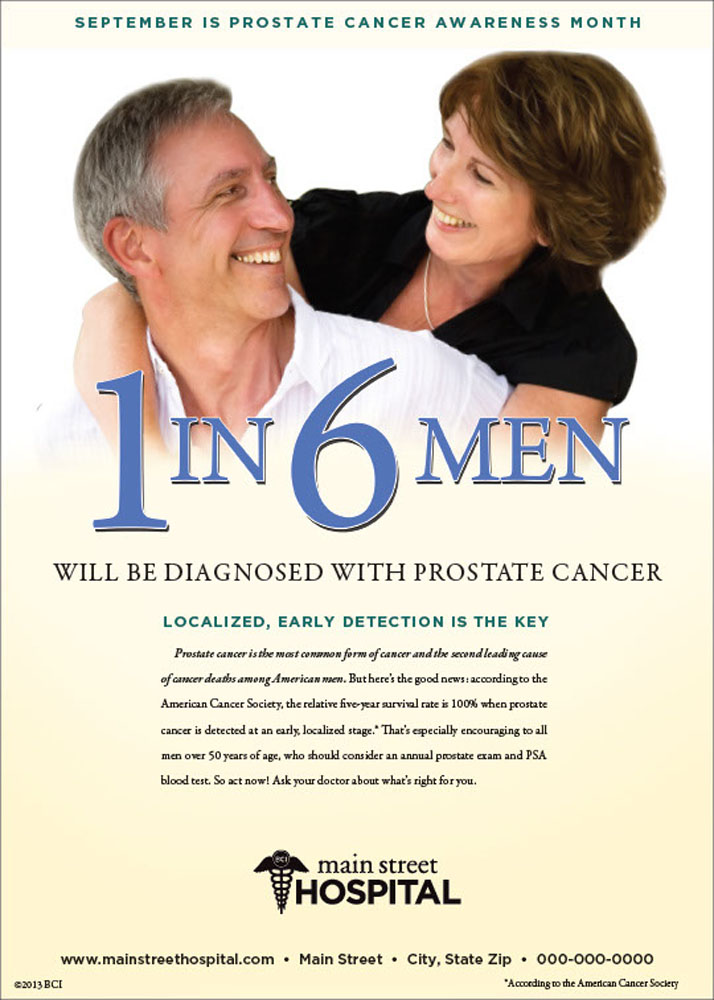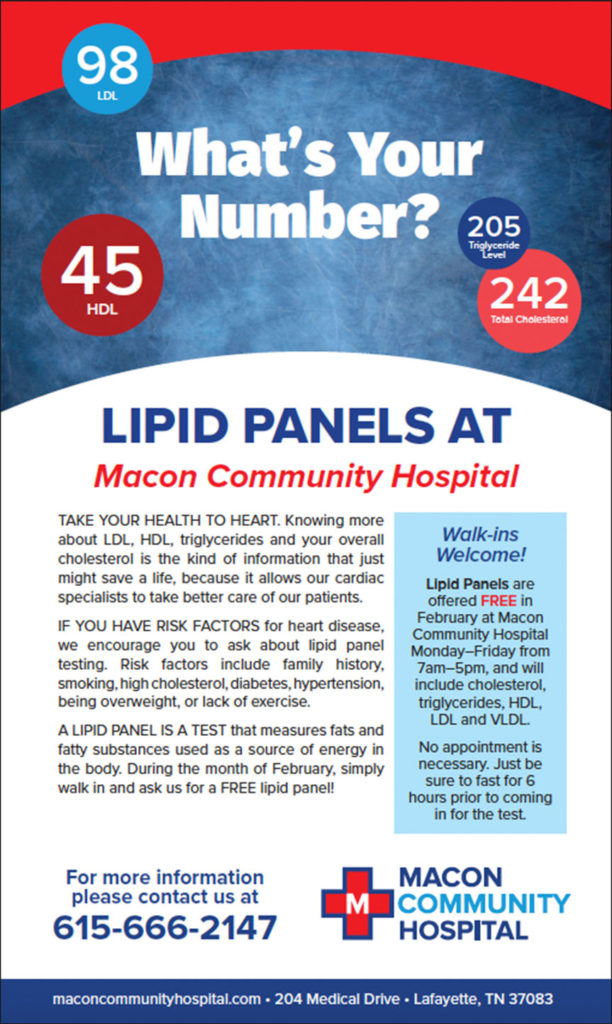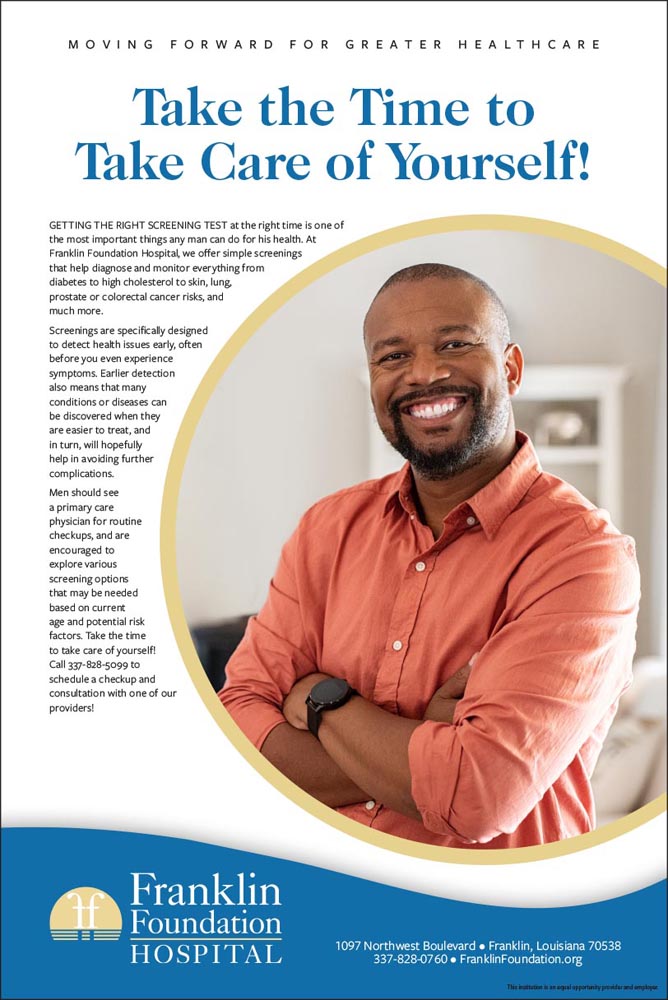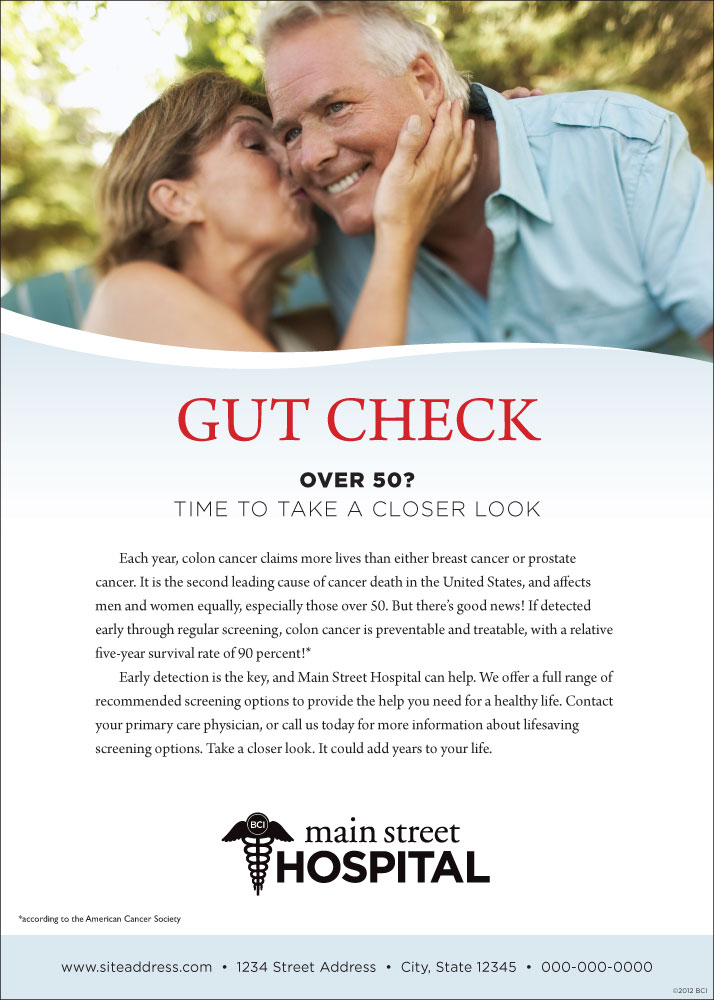
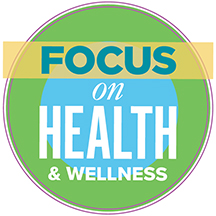 Use this handy 10-point checklist to get up to date and on time with these important health screenings.
Use this handy 10-point checklist to get up to date and on time with these important health screenings.
Blood Cholesterol (age 35)
All men 35 and older should have their blood cholesterol checked regularly. Men with any of the following conditions should begin checking at age 20: tobacco use, high blood pressure, diabetes, being overweight or obese, or a history of heart disease or heart attack.
Prostate Screening (age 40)
Prostate cancer is the most common type cancer in American men except for skin cancer. The decision to have a prostate screening should be made after a discussion with your healthcare provider about your risk factors, starting at age 40.
Blood Pressure (age 40)
High blood pressure is the biggest risk factor for heart disease, the leading cause of death for men in the United States. Have your blood pressure checked each year, starting at age 40.
Colonoscopy (age 45)
Due to the increase in the number of colon cancer cases in recent years, all men should now be screened for colorectal cancer (colon or rectal) starting at age 45.
Diabetes Screening (age 45)
All men should be screened for diabetes at least every three years starting at age 45. Men who have high blood pressure or take medication to control their high blood pressure should get screened more often.
Abdominal Aortic Aneurysm (age 65)
Men between the ages of 65 and 75 who have smoked at any point in their lifetime should have this screening. The major risk of an aortic aneurysm is a rupture that leads to sever or fatal bleeding.
Obesity
Your Body Mass Index (BMI) is a reliable indicator of whether your weight is at a healthy level. A BMI above 25 is considered overweight and a BMI greater than 30 is obese, which can contribute to a number of serious health risks.
Skin Cancer Screening
Skin cancer is the most common type of cancer found in men (and women). Annual screenings are recommended and should be increased in frequency if skin cancer or pre-cancerous cells are found.
COPD
Symptoms of COPD (Chronic Obstructive Pulmonary Disease) include a chronic cough, shortness of breath and frequent respiratory infections. People with COPD have an increased risk of heart disease and lung cancer. A simple lung function test or a chest X-ray can provide a diagnosis.
Depression
Don’t ignore your mental health. Six million men suffer from depression each year. Talk to your healthcare provider about getting screened for depression if you suffer any of these symptoms for more than two weeks:
• Significant change in appetite or sleeping patterns
• Loss of interest and motivation in formerly enjoyable activities
• Feeling hopeless, worthless, sad or irritable
• Inappropriate feelings of guilt
• Difficulty focusing or thinking
Sources: District Medical Group, Mayo Clinic, brighamhealthhub.org
Marketing Application
Preventive health screenings are relevant healthcare topics at any point during the year. Therefore, it is appropriate to raise awareness about the wide range of diagnostic imaging and health screening services available through your hospital and clinics, such as blood pressure and cholesterol, diabetes, skin cancer and more. Internal and family medicine providers and certain other specialists are appropriate voices to promote this awareness. Effective marketing tools might include social media, digital media and print, in tandem with a strong call to action to learn more about and to schedule an appointment with a local provider or primary care provider.
About Brentwood Communications, Inc.
Brentwood Communications specializes in healthcare marketing. Through our monthly AdBank subscription service, thousands of field-tested marketing materials — including content related to women’s health — are available and can be easily customized to reflect your hospital or clinic’s existing brand.
Click here to discover more about AdBank and how Brentwood Communications specializes in providing marketing support for non-urban hospitals.

Brentwood Communications also helps hospitals stay in touch with their communities through an informative and cost-effective digital and printed magazine called My Hometown Health, a powerful tool to help promote better health and raise awareness of key services available at the hospital. Actress and Singer/Songwriter Rita Wilson is featured in our current Fall 2022 issue, which focuses on cancer care. Rita talks openly about her breast cancer diagnosis and the healing power of music and a positive outlook.
Brentwood Communications makes creating and publishing a customized, local community health magazine easy and convenient. Click here to learn more, or contact us by email.

